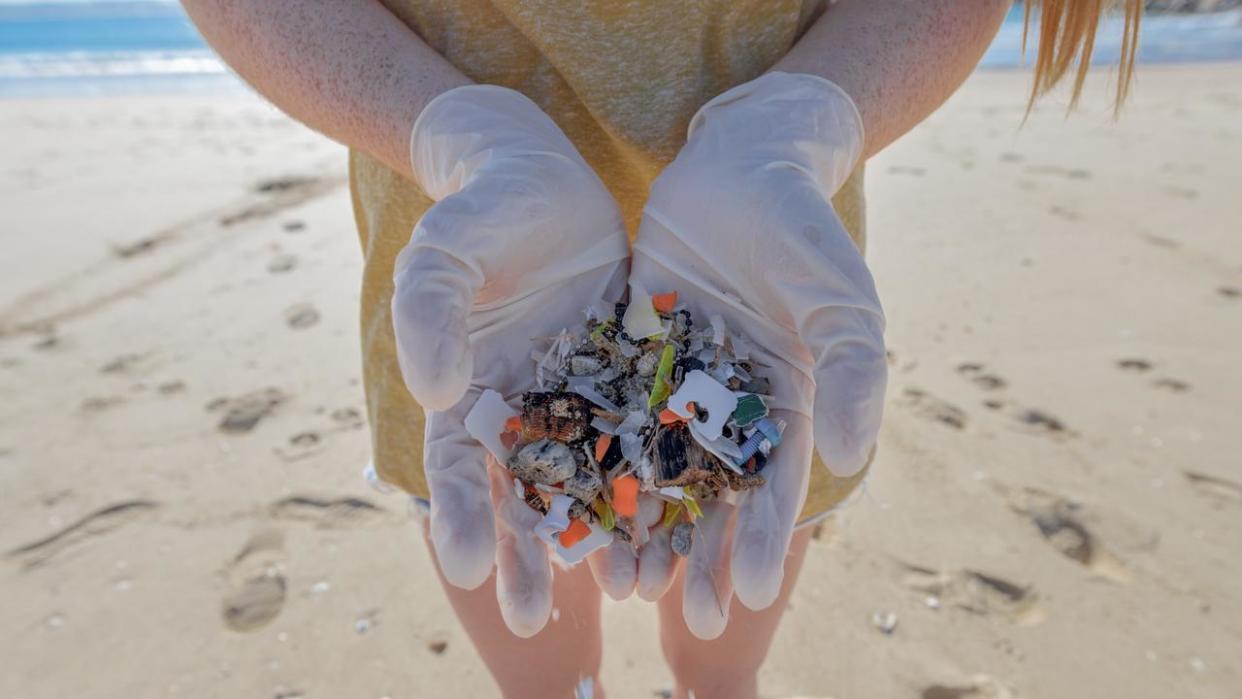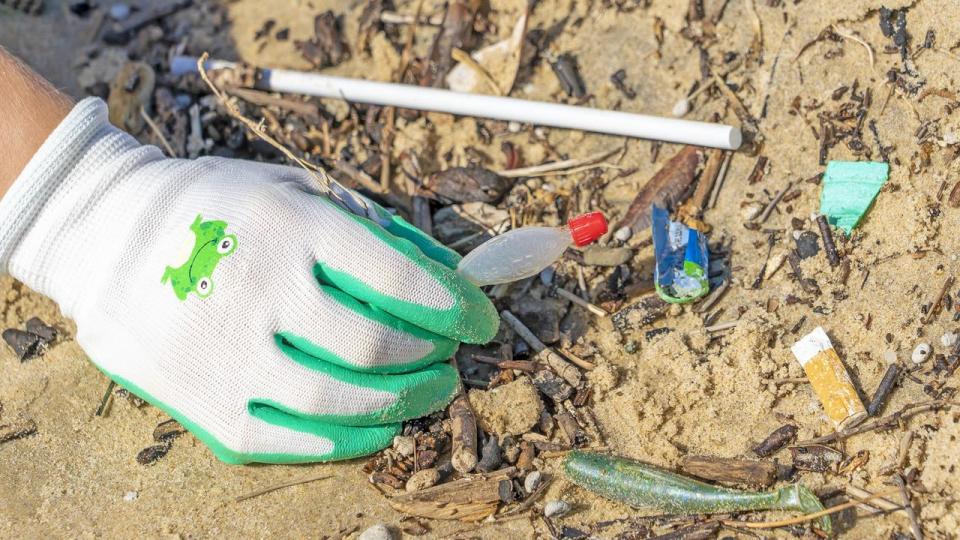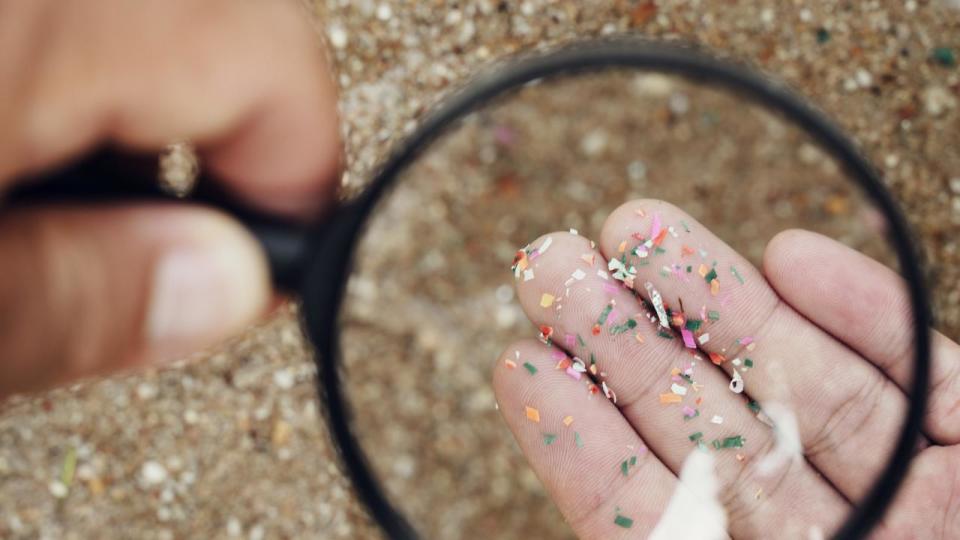New items on plastics ban chopping block

Lollipop sticks, cigarette butts, fruit stickers and bread tags could be redesigned or phased out completely under a push to ramp up NSW’s bid to meet its recycling targets.
The state government is seeking feedback on its next steps to prevent 800,000 tonnes of plastic waste from causing harm to the environment and human health.
Just 12 per cent of the plastic waste generated in the state is recycled, according to a new discussion paper released on Sunday.
Items included for review in the discussion paper include: single-use plastic dinnerware and food containers, heavyweight shopping bags and produce bags.
Cigarette filters, single-serve condiments, helium-filled balloons, plastic ice-cream and lollipop sticks, and party poppers have also been put on the hit list of items the government is looking to phase out or heavily redesign.

The government has proposed phasing out stickers on fruit, ‘pizza savers’ - the plastic stand designed to keep box lids from pressing onto a pizza - and plastic single-serve condiment packages of less than 50ml.
Included in the report is also a proposal to keep plastic bottle lids “tethered” to the bottle.
“This requirement will come into force in Europe in 2024, where many producers have
already made the change,” the discussion paper says.
NSW Environment Minister Penny Sharpe sounded the alarm on just how widespread the issue was.
“By 2050 there may be more plastic than fish by weight in the world’s oceans. Plastic has become so widespread that we are constantly eating, drinking and breathing it in,” she said.
“We must act. By working together, we can make a real difference and leave the environment in a better state for our children.”
WWF-Australia said should the ambitious proposal be adopted, it could see NSW jump towards the top of its plastics scorecard.
Western Australia continues to reign supreme, followed by South Australia, Queensland and the ACT.
NSW has now edged ahead of Victoria in fifth place but could jump into second if the policies canvassed in the paper were adopted.
WWF-Australia’s No Plastic in Nature Policy Manager Kate Noble said the initiatives could be “real game changers”.

“The proposal to eliminate harmful chemical additives and plastic cigarette filters – one of the most polluting products globally – is particularly exciting,” she said.
In addition to single-use plastic bans, most states and territories are also rolling out programs to support communities and individuals to reuse and reduce our reliance on single-use items in general.
“In just five years we’ve seen a huge shift across Australia on single-use plastics, and a lot of that is due to the efforts of individuals, communities, schools, and businesses,” said Ms Noble.
“They’ve called on governments to take action and our politicians have listened.
“This is a big win for people and nature, including seabirds and marine mammals who will encounter less deadly plastic in their environments.”


